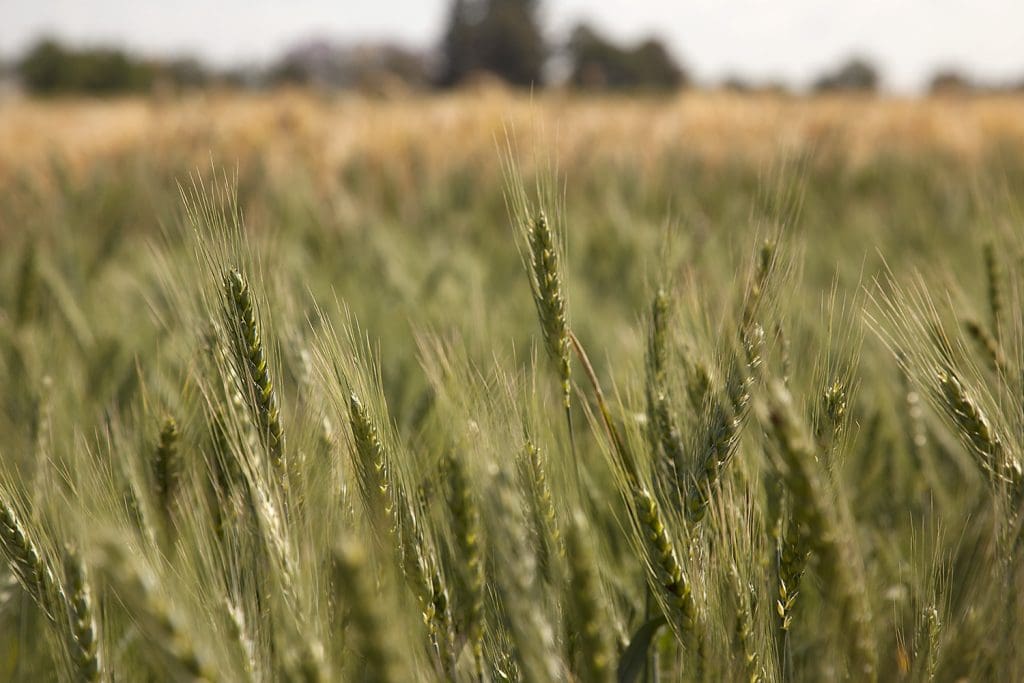THE effects of the continuing drought are becoming more pronounced with falling production and high input costs presenting serious challenges, especially in New South Wales and Queensland according to the latest Agricultural Commodities report released today.
ABARES’ chief commodity analyst, Peter Gooday, said the total volume of agricultural production is forecast to fall for a third consecutive year, which hasn’t happened for more than 60 years.
“The value of agricultural production is forecast to fall by 3 per cent this year, but still remain high at almost $61 billion, supported by strong demand for livestock products resulting from the African swine fever outbreaks across Asia,” Mr Gooday said.
“We’re expecting to see higher prices year-on-year for cattle, sheep, lambs, pigs and goats which will partly offset the decline in production.”
Crop forecast slides
Total crop production in 2019–20 is forecast to be the lowest since 2007–08.
 Conditions were poor at the start of the season in Queensland and NSW and have deteriorated further.
Conditions were poor at the start of the season in Queensland and NSW and have deteriorated further.
Conditions in Western Australia worsened markedly over spring and have led to significant production downgrades.
Summer crop prospects are also poor due to very low soil moisture levels in most of these regions.
“Winter crop production has been revised down after a challenging spring in many regions and the poor conditions will see continued turnoff of livestock—but production is expected to fall as fewer animals are available for slaughter,” Mr Gooday said.
“Fodder availability is likely to be higher in 2019-20 than last season and prices are expected to fall, but they are likely to remain well above average – a poor summer crop could add pressure to prices later in the year.”
Domestic grain prices
ABARES predicts Australian domestic grain prices will fall slightly in 2019– 20 from peaks reached in 2018–19, but they will remain elevated and above export parity in many regions.
Reduced numbers of animals on feed, primarily due to a reduction in drought feeding as animals are slaughtered, is expected to lead to small falls in total domestic feed
grain use.
Imports of Canadian milling wheat are also likely to continue during 2020. Around half a million tonnes of grain have been imported since June 2019.
Transhipment of grain from Western Australia for use as domestic feed on the east coast is expected to continue.
However, volumes are likely to be lower than in 2018–19, as road and rail supplies from
Victoria and South Australia increase following forecast higher crop production in those states.
Export values fall
Mr Gooday said the value of agricultural exports was forecast to fall by 8 per cent to $45 billion.
“The main drivers of this are lower crop and livestock production and a diversion of grain to the domestic market for feed and human consumption,” he said.
“While cropping can be expected to rebound quickly once seasonal conditions improve, the livestock sector will require a longer period for pasture to recover and begin herd rebuilding – the national cattle herd is forecast to fall to the lowest level since the early 1990s.”
Record world cereals
While Australia’s wheat crop is expected to again be well below average in 2019–20, global production is forecast to reach another record.
Favourable growing conditions across North America, Asia, the Black Sea region and Europe are expected to result in a world wheat crop of 764 million tonnes.
The world barley crop is also forecast to grow.
Increases in wheat and barley crops are expected to result in a fall in world prices for these grains in 2019–20.
Poor seasonal conditions in many corn-growing regions will lead to a forecast small
price rise for corn, but this will be limited by the abundance of wheat and barley.
…….
Full report here: https://www.agriculture.gov.au/abares/research-topics/agricultural-commodities/dec-2019



HAVE YOUR SAY